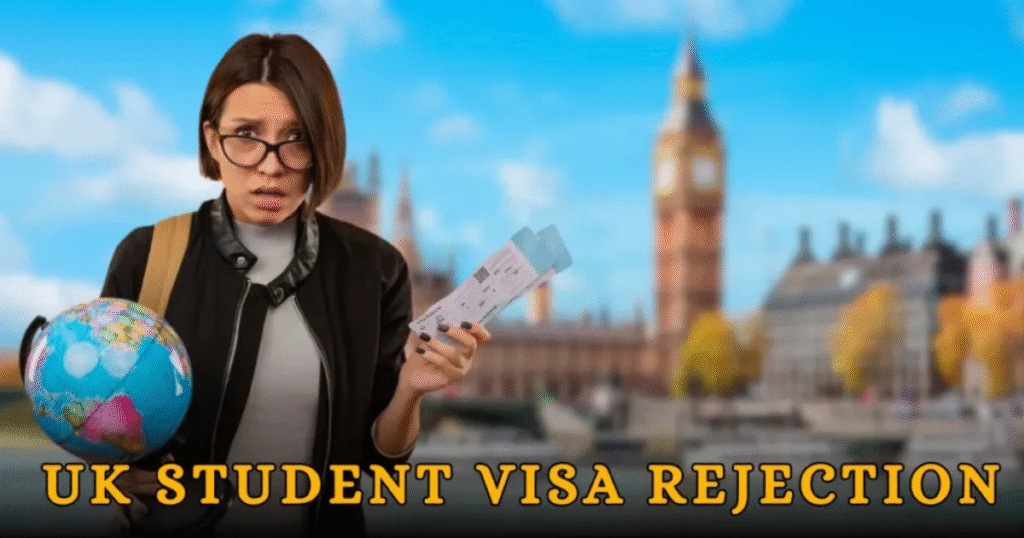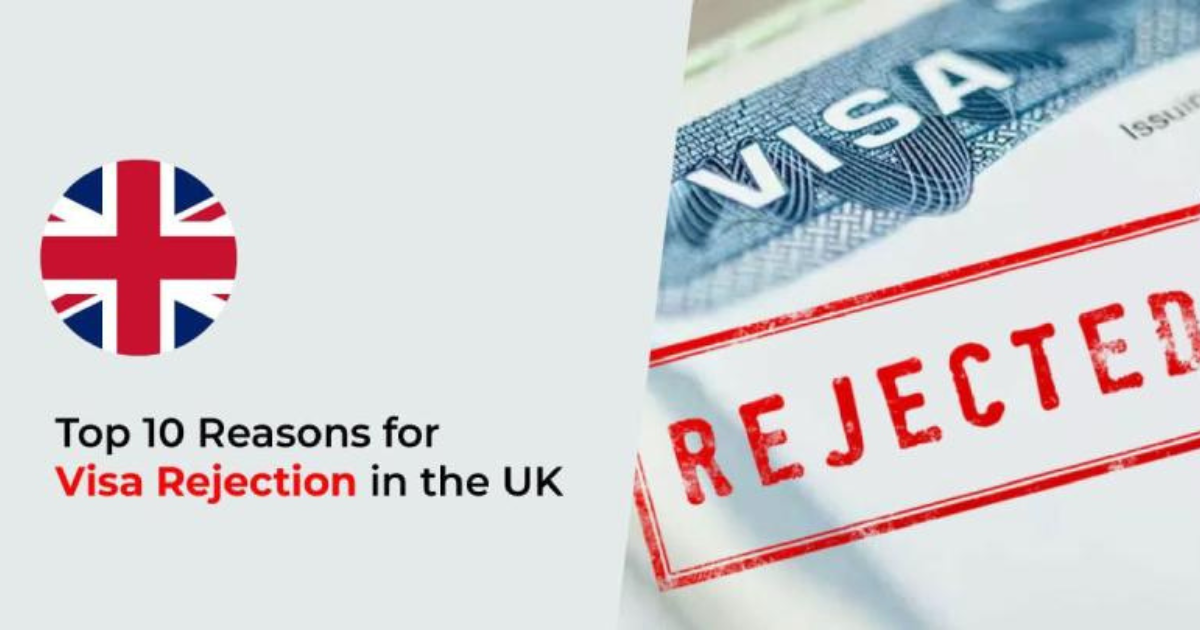UK Student Visa Rejection Reasons & How to Avoid Them
Applying for a UK student visa is an exciting step towards studying in one of the world’s top education hubs. However, receiving a visa rejection can be disheartening and disruptive to your plans. Understanding the common reasons why UK student visa applications get rejected and knowing how to avoid these pitfalls can significantly improve your chances of success. This article explores the main causes of visa refusals and practical tips to prevent them.
1. Incomplete or Incorrect Documentation
One of the most frequent reasons for rejection is submitting incomplete, inconsistent, or incorrect documents. This can include missing certificates, unsigned forms, unclear financial proofs, or mismatched personal details.
How to Avoid:
- Double-check the visa checklist provided by UK Visas and Immigration (UKVI).
- Ensure all documents are translated into English if needed and certified.
- Cross-verify names, dates, and other details across all documents to maintain consistency.
2. Insufficient Financial Evidence
Applicants must prove they have enough funds to cover tuition fees and living expenses. Failure to show adequate and legitimate financial resources is a common rejection cause.
How to Avoid:
- Provide bank statements that show funds have been held for at least 28 consecutive days.
- Submit official scholarship letters if applicable.
- Avoid using loan letters without actual proof of money.
- Clearly outline how you will manage your finances during your studies.
3. Failure to Demonstrate Genuine Intent to Study
The UKVI wants to ensure that applicants are genuine students intending to complete their courses and not using the visa for other purposes like work or settlement.
How to Avoid:
- Write a compelling personal statement explaining your study plans, career goals, and reasons for choosing the UK.
- Provide evidence of your academic background and how it aligns with your course.
- Avoid frequent changes in your course or university without strong justification.
4. English Language Proficiency Issues
Not meeting the required English language standards or submitting invalid test results can lead to visa refusal.
How to Avoid:
- Take an approved English test such as IELTS or TOEFL and achieve the required scores.
- Ensure test results are valid and from a recognized provider.
- Submit official test certificates with your application.
5. Previous Immigration History Problems
Past visa violations, overstays, or providing false information can negatively impact your current application.
How to Avoid:
- Be honest about your immigration history.
- Address any previous refusals or issues clearly in your application with explanations.
- Comply with all visa conditions in current or past stays.

6. Health and Character Concerns
Failing to provide a Tuberculosis (TB) test if required, or any security concerns, may lead to rejection.
How to Avoid:
- Complete a TB test from an approved clinic if you are from a listed country.
- Disclose any criminal convictions and provide supporting documents if necessary.
Additional Tips to Strengthen Your UK Student Visa Application
- Apply well before your course starts to allow time for any follow-up.
- Use the services of your university’s international student office for guidance.
- Consider consulting an immigration advisor if your case is complex.
- Keep copies of all documents submitted.
Conclusion
UK student visa rejections are often avoidable with careful preparation and attention to detail. By submitting complete and accurate documents, proving your financial stability, demonstrating genuine study intentions, and fulfilling all eligibility criteria, you increase your chances of approval. Stay organized, honest, and proactive throughout the application process to secure your visa and embark on your UK study adventure with confidence.
Would you like assistance reviewing your visa documents or help with your personal statement?

